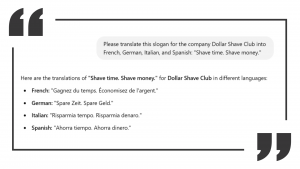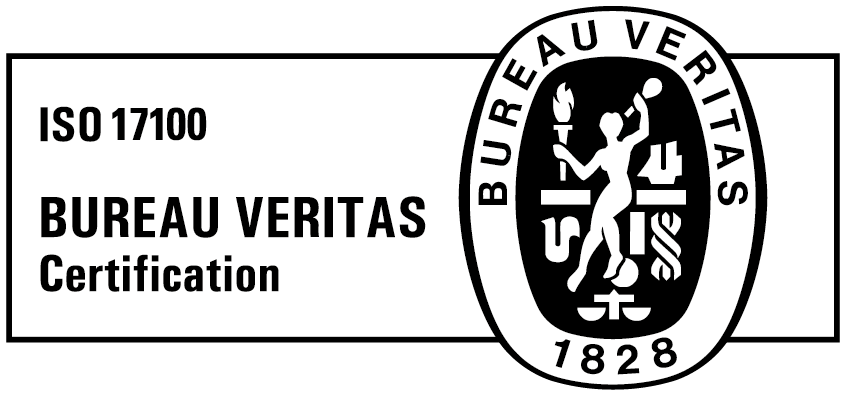This should be the mantra of every service provider. These days, having a website in your mother language only is a self-destructive move. Why?
There are many reasons, but let us mention just a few:
1. A small number of Slovene speakers
Most countries, especially those with millions of inhabitants, use the average of only one or possibly two languages (many only their mother tongue). Slovenia, with a population of about two million, is a country with a small number of Slovene speakers compared to other nations. In a time of globalization and the transmission of data and services, the decision to only have a website in our native language limits us to the borders of our country (excluding Italian and Hungarian minorities, which is a separate issue) – and that is an extremely bad marketing move. Be inclusive, do not let your business end at your country’s borders!
2. European countries are relatively small
Slovenia has always been considered an important transport country, an is an excellent link to other countries; in this case, its small size is definitely an advantage. And Slovenia is not the only country that is small in size. A large portion of your potential customers come from the neighboring and surrounding countries, so chances are they do not know your language. This is why they are unable to find out about your services (even if they would like to) and therefore cannot work with you. Isn’t that a shame?
3. English is the predominant global language, but beware!
It is an unwritten rule that English is the language that ensures the connection to the rest of the world, so it should go without saying that we should offer potential customers at least an English translation of our website, but beware! There are still many nations that struggle with English or that, for a variety of reasons, only speak their mother tongue. Think about what kind of market you are targeting and who you want to use your services. Undoubtedly, the smartest move is to present your services in their language.
4. The role of the internet and search results
Anyone who wants to be as successful as possible in providing their services knows the importance of the internet. Even worse than having a single-language website is not having one at all, as the percentage of those who are more successful in selling their products and services is significantly higher among businesses with a website. But there is a catch that experienced providers are aware of – anyone interested in a service or product will search for it online in their native language. Research showed that as many as 30% of visitors to specific websites came to the website through search results. If your website is not available in their language, they will not know you exist even if you may be the ideal solution for them, as they will never find it in the search results.
5. Make a better impression
There is no person who is not pleased to discover that the website of a product or service available in their country has been translated in their mother tongue. The joy they feel is probably equivalent to how Archimedes felt when he exclaimed the famous word “Eureka!” upon making his discovery. From a psychological standpoint, a potential customer immediately feels an affinity towards such a provider, knowing that communication with you will be seamless and that the likelihood of misunderstandings will be extremely low because of this.
Frequently asked questions
Why is a multilingual website important?
A multilingual website has multiple advantages. Studies have shown that customers rather buy from businesses that provide information in their mother tongue, which ultimately results in seeing your company as trustworthy and credible.
Should my site be multilingual?
If you’re doing business internationally, a translated website is a must. Make sure to have your website translated to all the target markets languages, as it’s shown that nearly 90% of online shoppers choose their native language, when available.
What is the best way to translate a website?
Seeing that translating a website isn’t just a load of translating, but demands a lot of technical knowledge too, it’s best to entrust your website translation to professionals. Find a provider that will cover all aspects of a website translation.
website in multiple languages today.
read more interesting content like this.




